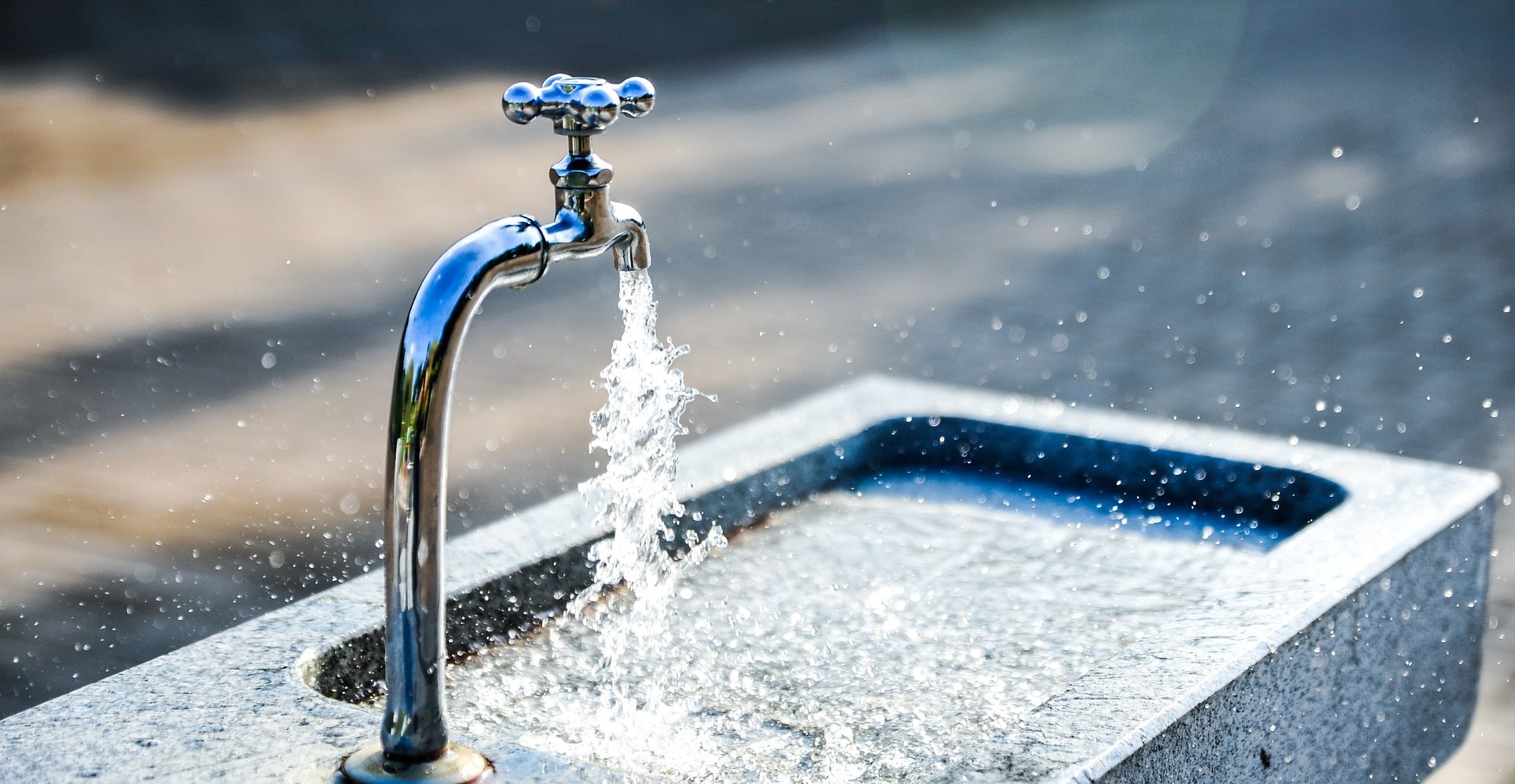It's Water Quality Month!
Posted on 12th August 2021
August is the time of year when many people are enjoying the last bits of summer recreational activities involving water. But these bodies of water are threatened by increasing water pollution. The Clean Water Act was passed in 1972 but most people are unaware of the little ways they can pollute their water. Water sustains all life and entire ecosystems depend on it for their survival.
Water Quality Month reminds us to take a long, hard look at what your household and community are doing to protect sources of fresh water.
The average person uses approximately 80 gallons of water or more per day. The water we use includes bathing, cleaning, household waste, and drinking water.
What is Water Pollution?
It’s the contamination of water. The main causes of water pollution is littering and harmful gases. These harmful gases and emissions get mixed up in the natural cycle process. The pollutants get swept up along with other natural gases and start to form clouds. Of course, these clouds then end up raining over us and falling into water bodies such as rivers.
Types of Water Pollution:
Global Warming
Marine dumping
Accidental oil spills/leaks
Mining
Landfill Leakage
Sewer Water
We should be doing everything we can to prevent polluted water from getting worse. That means trying to keep our carbon footprint down and disposing of waste properly.
What can individuals and families can do to prevent water pollution from their homes especially during Water Quality Month?
Here’s a short list of things that you can do at home to help:
- Conserve water by turning off the tap when running water is not necessary. This helps prevent water shortages and reduces the amount of contaminated water that needs treatment.
- Not flushing unwanted or out-of-date medications down the toilet or drain.
- Not putting anything but water down storm drains because they carry water to local waterways.
- Fixing leaks that drop from cars and putting liners in driveways to collect oil and other materials.
- Avoid using pesticides or chemical fertilisers.
- Choose nontoxic household products when possible.
- Pick up after pets.
- If you have a private well make sure it is tested and cleaned regularly. There can be bacteria build up in wells.
- Read your local water quality report so you know what the water quality is in your area.
Please don’t hesitate to contact us if you need any help or advice!

Share this post:


